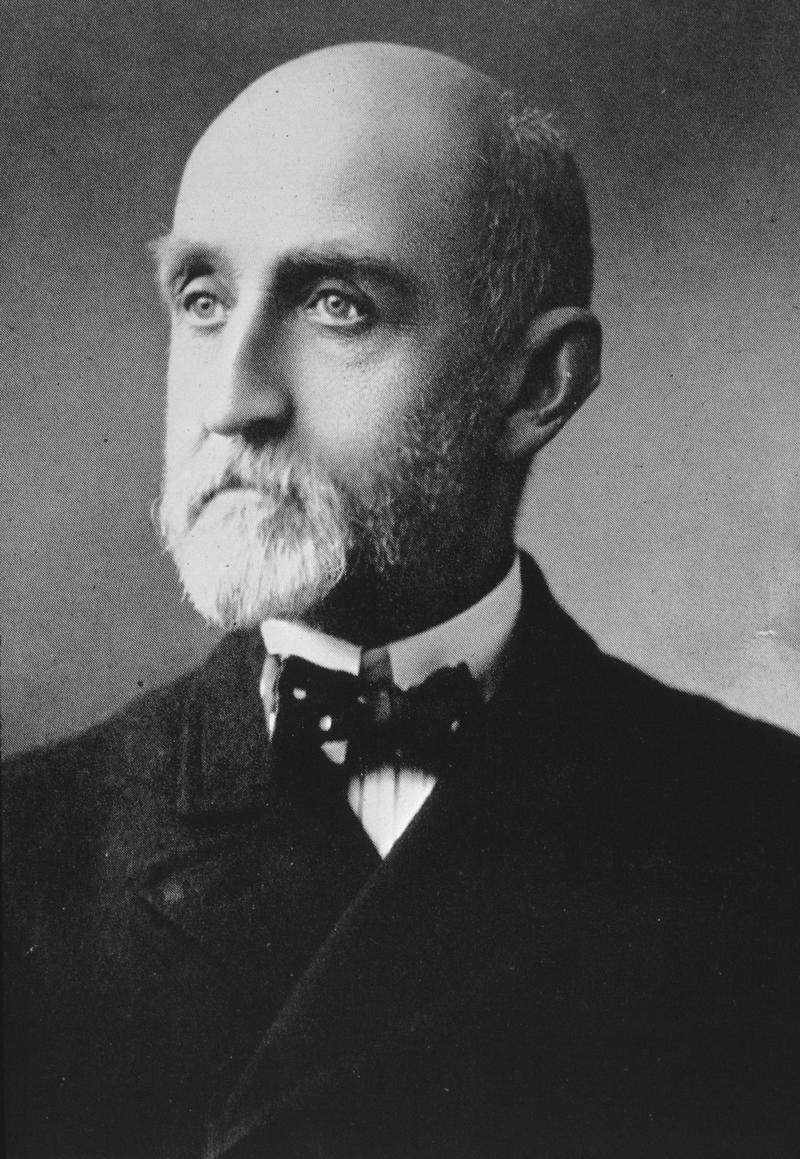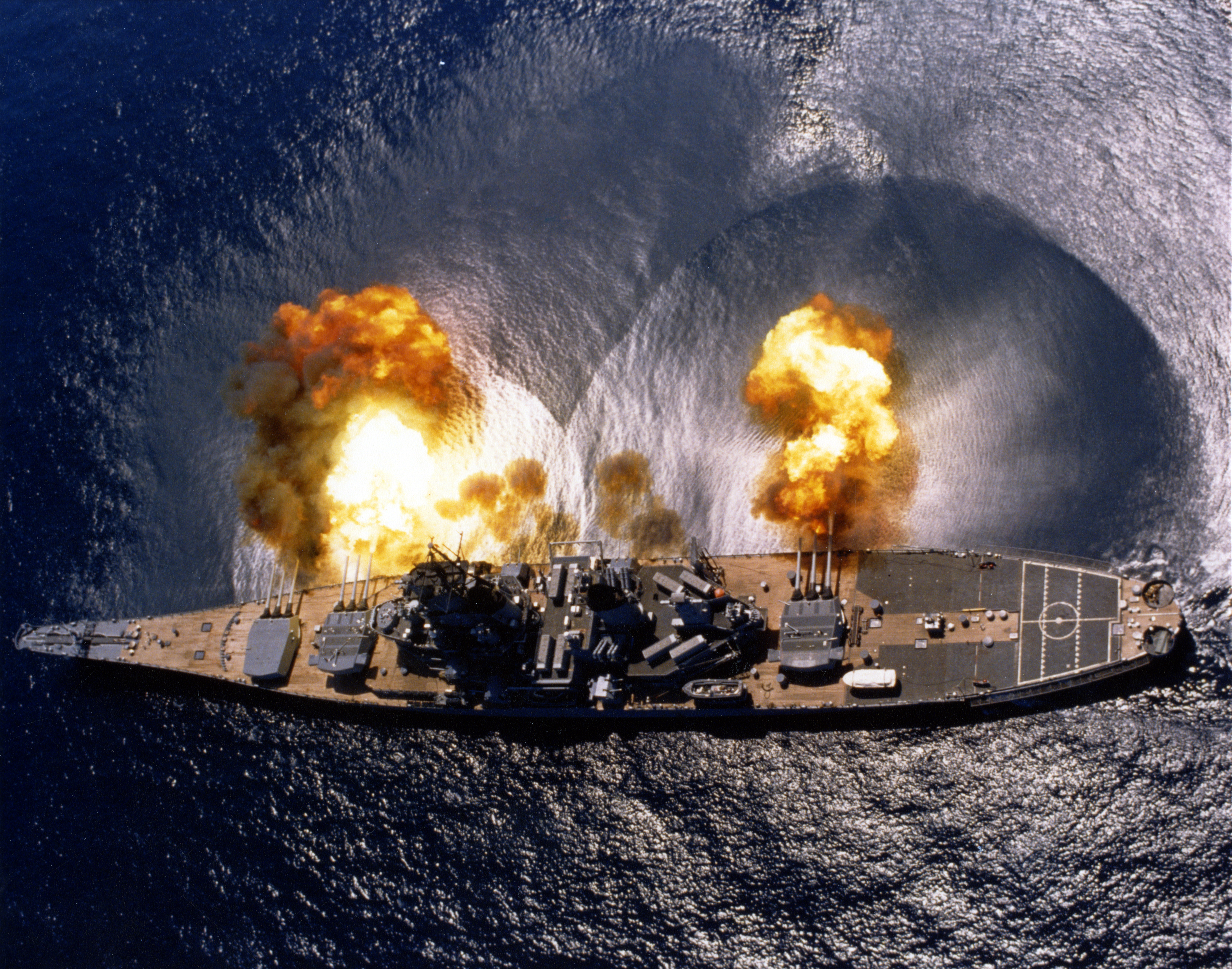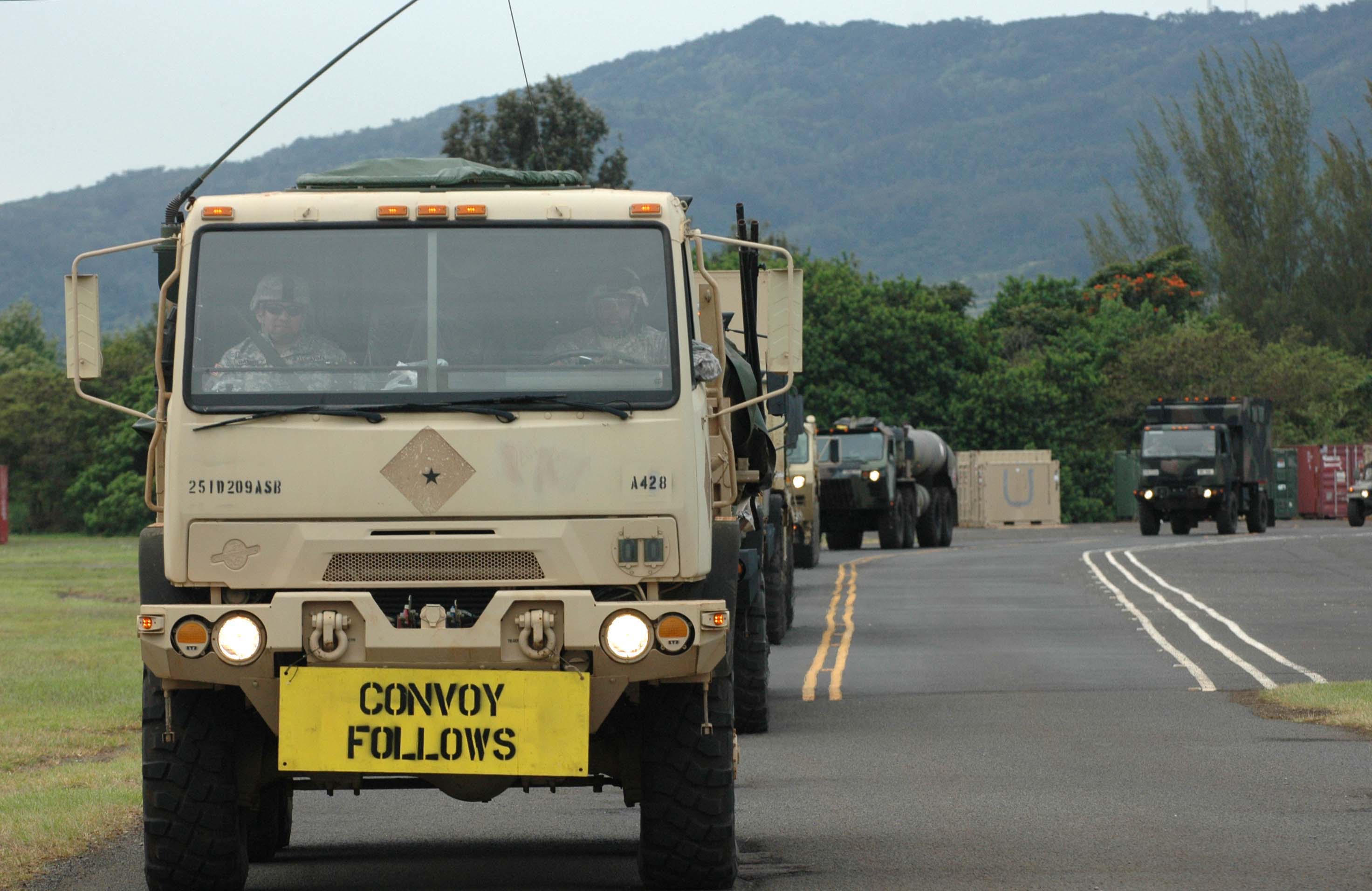|
The Influence Of Sea Power Upon History
''The Influence of Sea Power upon History: 1660–1783'' is a history of naval warfare published in 1890 by the American naval officer and historian Alfred Thayer Mahan. It details the role of sea power during the seventeenth and eighteenth centuries, and discussed the various factors needed to support and achieve sea power, with emphasis on having the largest and most powerful fleet. Scholars considered it the single most influential book in naval strategy. Its policies were quickly adopted by most major navies, ultimately leading to the World War I naval arms race. It is also cited as one of the contributing factors of the United States becoming a great power. It was followed by '' The Influence of Sea Power upon the French Revolution and Empire, 1793–1812'', published in 1892. Overview Mahan formulated his concept of sea power while reading a history book in Lima, Peru, after having observed the final stages of the War of the Pacific, in which Chile decisively defeated an ... [...More Info...] [...Related Items...] OR: [Wikipedia] [Google] [Baidu] |
Alfred Thayer Mahan
Alfred Thayer Mahan (; September 27, 1840 – December 1, 1914) was a United States Navy officer and historian whom John Keegan called "the most important American strategist of the nineteenth century." His 1890 book '' The Influence of Sea Power upon History, 1660–1783'' won immediate recognition, especially in Europe, and with the publication of its 1892 successor, '' The Influence of Sea Power upon the French Revolution and Empire, 1793–1812'', he affirmed his status as a globally-known and regarded military strategist, historian, and theorist. Mahan's works encouraged the development of large capital ships—eventually leading to dreadnought battleships—as he was an advocate of the 'decisive battle' and of naval blockades. Critics, however, charged him with failing to adequately explain the rise of largely land-based empires, such as the German or Ottoman Empires, though Mahan did accurately predict both empires' defeats in World War I. Mahan directly influenced th ... [...More Info...] [...Related Items...] OR: [Wikipedia] [Google] [Baidu] |
Naval Artillery
Naval artillery is artillery mounted on a warship, originally used only for naval warfare and then subsequently used for more specialized roles in surface warfare such as naval gunfire support (NGFS) and anti-aircraft warfare (AAW) engagements. The term generally refers to powder-launched projectile-firing weapons and excludes self-propelled projectiles such as torpedoes, rockets, and missiles and those simply dropped overboard such as depth charges and naval mines. Origins The idea of ship-borne artillery dates back to the classical era. Julius Caesar wrote about the Roman navy's usage of ship-borne catapults against Celtic Britons ashore in his ''Commentarii de Bello Gallico''. The dromons of the Byzantine Empire carried catapults and Greek fire. From the Middle Ages onwards, warships began to carry cannons of various calibres. In the Battle of Tangdao in 1161, the Southern Song general Li Bao used huopao (a type of gunpowder weapons, possibly cannons) and fire arro ... [...More Info...] [...Related Items...] OR: [Wikipedia] [Google] [Baidu] |
US Navy 030225-N-0000X-002 An Aerial View Of Apra Harbor On U
US or Us most often refers to: * ''Us'' (pronoun), the objective case of the English first-person plural pronoun ''we'' * US, an abbreviation for the United States US, U.S., Us, us, or u.s. may also refer to: Arts and entertainment Albums * ''Us'' (Brother Ali album) or the title song, 2009 * ''Us'' (Empress Of album), 2018 * ''Us'' (Mull Historical Society album), 2003 * ''Us'' (Peter Gabriel album), 1992 * ''Us'' (EP), by Moon Jong-up, 2021 * ''Us'', by Maceo Parker, 1974 * ''Us'', mini-album by Peakboy, 2019 Songs * "Us" (James Bay song), 2018 * "Us" (Jennifer Lopez song), 2018 * "Us" (Regina Spektor song), 2004 * "Us" (Gracie Abrams song), 2024 * "Us", by Azealia Banks from '' Fantasea'', 2012 * "Us", by Celine Dion from ''Let's Talk About Love'', 1997 * "Us", by Gucci Mane from '' Delusions of Grandeur'', 2019 * "Us", by Spoon from '' Hot Thoughts'', 2017 Other media * US Festival, two 1980s California music festivals organized by Steve Wozniak * ''Us'' (1991 ... [...More Info...] [...Related Items...] OR: [Wikipedia] [Google] [Baidu] |
Raoul Castex
Raoul Victor Patrice Castex (27 October 1878, Saint-Omer – 10 January 1968, Villeneuve-de-Rivière) was a French Navy admiral and a military theorist. Naval career Castex joined the Navy in 1896, becoming the best student of his promotion at the École Navale. He became professor at the École de Guerre Navale. In 1919, he was tasked with reorganising the historical services of the French Navy, and in 1928, he was promoted to contre-amiral. On 2 July 1936, he was made a grand officer of the Legion of Honour. The same year, he founded the Institut des hautes études de la défense nationale, which he headed until 1939. He rose to vice-amiral in 1937 and finished his career heading the naval forces of the Northern fleet. Institut des Hautes Études de la Défense Nationale One of his main achievements was the creation of the Institut des Hautes Études de la Défense Nationale (IHEDN, Institute of Higher Studies of National Defence), which aimed to reduce the intellectu ... [...More Info...] [...Related Items...] OR: [Wikipedia] [Google] [Baidu] |
Combined Operations
In current military use, combined operations are operations conducted by forces of two or more allied nations acting together for the accomplishment of a common strategy, a strategic and operational and sometimes tactical cooperation. Interaction between units and formations of the land, naval and air forces, or the cooperation between military and civilian authorities in peacekeeping or disaster relief operations is known as joint operations or interoperability capability. Pre-modern history The concept of combined operations evolved largely as a result of expeditionary warfare, which can be traced to the Sea Peoples. In its basic form it involved raiding coastal regions by land forces arriving from the naval vessels. The raiding tactics were expanded into more complex operations by Alexander the Great, who used naval vessels for both troop transporting and logistics in his campaigns. The next exponents of combined operations in the ancient world of the Mediterranean ... [...More Info...] [...Related Items...] OR: [Wikipedia] [Google] [Baidu] |
Convoy
A convoy is a group of vehicles, typically motor vehicles or ships, traveling together for mutual support and protection. Often, a convoy is organized with armed defensive support and can help maintain cohesion within a unit. It may also be used in a non-military sense, for example when driving through remote areas. Naval convoys Age of Sail Naval convoys have been in use for centuries, with examples of merchant ships traveling under naval protection dating to the 12th century. The use of organized naval convoys dates from when ships began to be separated into specialist classes and national navies were established. By the French Revolutionary Wars of the late 18th century, effective naval convoy tactics had been developed to ward off pirates and privateers. Some convoys contained several hundred merchant ships. The most enduring system of convoys were the Spanish treasure fleets, that sailed from the 1520s until 1790. When merchant ships sailed independently, a privateer c ... [...More Info...] [...Related Items...] OR: [Wikipedia] [Google] [Baidu] |
Submarine Warfare
Submarine warfare is one of the four divisions of underwater warfare, the others being anti-submarine warfare, Naval mine, mine warfare and Naval mine, mine countermeasures. Submarine warfare consists primarily of Diesel engine, diesel and nuclear submarines using torpedoes, missiles or nuclear weapons, as well as advanced sensing equipment, to attack other submarines, ships, or land targets. Submarines may also be used for reconnaissance and landing of special forces as well as deterrence. In some navies they may be used for task force screening. The effectiveness of submarine warfare partly depends on the anti-submarine warfare carried out in response. American Revolution The first attack by a submarine occurred on September 8, 1776, by the American submarine ''Turtle (submersible), Turtle'' in an unsuccessful attack on the British warship ''Eagle.'' American Civil War The age of submarine warfare began during the American Civil War. The 1860s was a time of many turning ... [...More Info...] [...Related Items...] OR: [Wikipedia] [Google] [Baidu] |
World War I
World War I or the First World War (28 July 1914 – 11 November 1918), also known as the Great War, was a World war, global conflict between two coalitions: the Allies of World War I, Allies (or Entente) and the Central Powers. Fighting took place mainly in European theatre of World War I, Europe and the Middle Eastern theatre of World War I, Middle East, as well as in parts of African theatre of World War I, Africa and the Asian and Pacific theatre of World War I, Asia-Pacific, and in Europe was characterised by trench warfare; the widespread use of Artillery of World War I, artillery, machine guns, and Chemical weapons in World War I, chemical weapons (gas); and the introductions of Tanks in World War I, tanks and Aviation in World War I, aircraft. World War I was one of the List of wars by death toll, deadliest conflicts in history, resulting in an estimated World War I casualties, 10 million military dead and more than 20 million wounded, plus some 10 million civilian de ... [...More Info...] [...Related Items...] OR: [Wikipedia] [Google] [Baidu] |
Alfred Von Tirpitz
Alfred Peter Friedrich von Tirpitz (; born Alfred Peter Friedrich Tirpitz; 19 March 1849 – 6 March 1930) was a German grand admiral and State Secretary of the German Imperial Naval Office, the powerful administrative branch of the German Imperial Navy from 1897 until 1916. Prussia never had a major navy, nor did the other German states before the German Empire was formed in 1871. Tirpitz took the modest Imperial Navy and, starting in the 1890s, turned it into a world-class force that could threaten Britain's Royal Navy. However, during World War I, his High Seas Fleet proved unable to end Britain's command of the sea and its chokehold on Germany's economy. The one great engagement at sea, the Battle of Jutland, ended in a narrow German tactical victory but a strategic failure. As the High Seas Fleet's limitations became increasingly apparent during the war, Tirpitz became an outspoken advocate for unrestricted submarine warfare, a policy which would ultimately bring Germany into ... [...More Info...] [...Related Items...] OR: [Wikipedia] [Google] [Baidu] |
Wilhelm II, German Emperor
Wilhelm II (Friedrich Wilhelm Viktor Albert; 27 January 18594 June 1941) was the last German Emperor and King of Prussia from 1888 until his abdication in 1918, which marked the end of the German Empire as well as the Hohenzollern dynasty's 300-year rule of Prussia. Born during the reign of his granduncle Frederick William IV of Prussia, Wilhelm was the son of Prince Frederick William and Victoria, Princess Royal. Through his mother, he was the eldest of the 42 grandchildren of Queen Victoria of the United Kingdom. In March 1888, Wilhelm's father, Frederick William, ascended the German and Prussian thrones as Frederick III. Frederick died just 99 days later, and his son succeeded him as Wilhelm II. In March 1890, the young Kaiser dismissed longtime Chancellor Otto von Bismarck and assumed direct control over his nation's policies, embarking on a bellicose "New Course" to cement Germany's status as a leading world power. Over the course of his reign, the German colonial ... [...More Info...] [...Related Items...] OR: [Wikipedia] [Google] [Baidu] |
Ludwig Borckenhagen
Friedrich Ludwig Wilhelm Carl Borckenhagen (15 July 1850 – 17 June 1917) was an Admiral (Germany), Admiral in the Imperial German Navy. He was also an influential writer on naval strategy, and pivotal in introducing the ideas of geostrategist Alfred Thayer Mahan into the German Empire. Early life and career Borckenhagen was born in the Rodenbeck subdistrict of Minden, Westphalia, the son of Johann Ludwig Friedrich Borckenhagen (1818-1870), and his wife Julie Emilie Helene Seydel (1820-1888). His younger brother Carl Borckenhagen was later to emigrate to South Africa and become an immensely powerful political leader there. He joined the Prussian Navy as a young cadet on 26 April 1868, and went to sail with the frigates Gefion and Niobe, as well as the battleships König Wilhelm and Elisabeth. In 1871 he served in the Baltic Ostseeflotte before studying further at the Naval Academy in Kiel. In Berlin, on 25 September 1881, he married Margarete Clara Kapp (daughter of Friedrich Ka ... [...More Info...] [...Related Items...] OR: [Wikipedia] [Google] [Baidu] |







